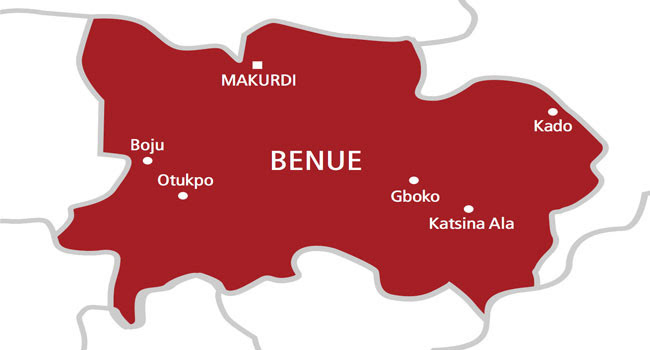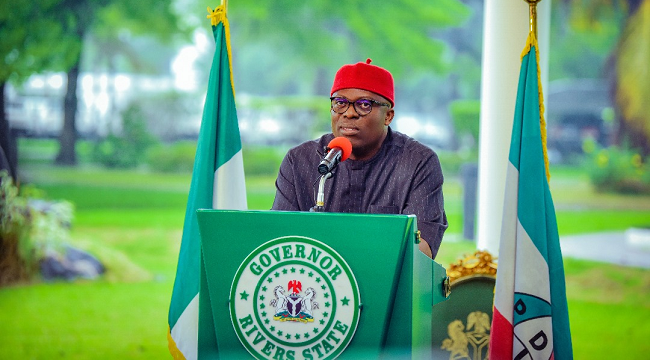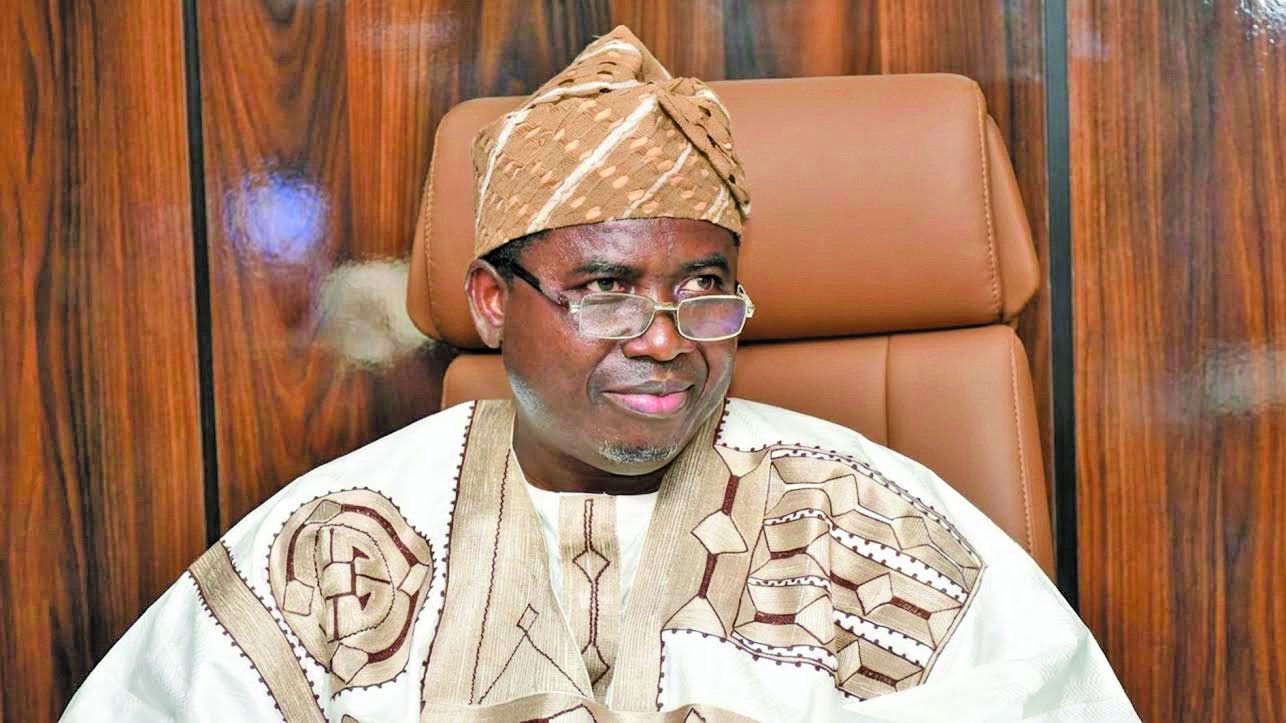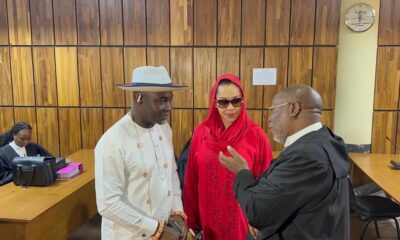National News
Nigeria’s debt rises as FG exceeds 2025 borrowing target by N6 Trillion

The Federal Government has borrowed a total of N17.36 trillion from both domestic and foreign sources within the first ten months of 2025, overshooting the borrowing target for the period by more than half.
This figure represents an excess of N6.06 trillion, or 55.6 percent above the N10.9 trillion projection set in the 2025 Appropriation Act. The entire year’s approved borrowing stands at N13.08 trillion, indicating that the government has already gone far beyond its intended limit.
Data from the Debt Management Office (DMO) and the Central Bank of Nigeria (CBN) revealed that as of October 2025, domestic borrowings amounted to N15.8 trillion, while foreign borrowings in the first half of the year stood at N1.56 trillion. In addition, the Federal Government recently initiated plans to raise another $2.35 billion (about N3.38 trillion) through a Eurobond issuance — which could push total borrowings for the year to around N20.74 trillion.
When the ongoing pattern of domestic borrowing is considered, analysts estimate that total borrowings for 2025 could hit nearly N23 trillion — about N10 trillion more than initially approved.
Experts have raised concerns that this trend of excessive borrowing amid weak revenue performance could push Nigeria deeper into a debt trap, reduce investor confidence, and limit private sector access to credit, thereby affecting business growth and job creation.
The 2025 budget projects total spending of N54.99 trillion and revenue of N41.91 trillion, leaving a deficit of N13.08 trillion to be financed through borrowing. Based on this, the government’s borrowing projection for the first ten months was N10.9 trillion, but actual borrowings have already exceeded that figure by a wide margin.
According to DMO data, the government raised N11.43 trillion through Treasury Bills between January and October 2025, representing a 4.6 percent increase compared to the same period in 2024. Borrowing via FGN Bonds, however, fell by 22 percent to N4.04 trillion, while FGN Savings Bonds increased slightly to N40.19 billion. Sukuk Bond issuance also surged to N300 billion, compared to none in 2024.
Economist Andrew Uviase described the borrowing spree as “a clear reflection of fiscal indiscipline and weak expenditure control.” He argued that the government’s spending pattern shows a lack of commitment to reducing the cost of governance, despite its claims of fiscal prudence.
Vice Executive Chairman of Highcap Securities, David Adonri, linked the borrowing surge to “unrealistic revenue assumptions,” especially regarding oil projections. He noted that while the budget was based on an oil production target of 2.06 million barrels per day and $75 per barrel, actual production has averaged only 1.6–1.7 million barrels with prices around $65.
Adonri warned that “Nigeria’s addiction to debt and fiscal indiscipline continues to undermine consolidation efforts,” despite higher revenues from fuel and foreign exchange subsidy removals.
Similarly, Tunde Abidoye of FBNQuest Merchant Bank described the budget’s oil assumptions as “overly optimistic,” while analyst Clifford Egbomeade attributed the borrowing surge to a combination of weak revenue and rising debt-servicing costs.
Egbomeade explained that low oil output, high inflation, and poor tax performance forced the government to depend more on domestic borrowings. He noted that double-digit yields above 20 percent on bonds and delayed Eurobond issuance have driven the government into short-term borrowing to meet cash needs.
Experts also warned that excessive domestic borrowing crowds out private sector credit and raises borrowing costs. Adonri said, “Government’s excessive demand for domestic credit escalates the cost of funds and discourages private investment.”

Uviase added that the trend could lead to a situation where “new loans only serve to pay old debts,” further worsening inflation and investor sentiment.
The analysts also stressed that the borrowing spree runs contrary to the government’s Medium-Term Fiscal Framework (2025–2027) and the IMF’s warnings about Nigeria’s debt-service-to-revenue ratio, which stood at 83 percent in 2024.
Egbomeade observed that despite slight macroeconomic improvements — such as GDP growth of 4.23 percent in Q2 2025, easing inflation to 18 percent, and reserves climbing to $43 billion — the government’s fiscal gap remains wide.
To address the challenge, experts called for stronger fiscal discipline, waste reduction, and aggressive non-oil revenue generation. They advised the government to rebalance borrowings toward longer-term, concessional external loans while boosting digital tax collection and reducing recurrent expenditure.
Adonri emphasized that cutting wasteful spending and limiting government involvement in areas the private sector can handle are key to long-term sustainability.
Egbomeade concluded that unless the Federal Government enforces fiscal discipline and focuses on sustainable revenue growth, “Nigeria risks deepening its debt dependency and stalling real economic growth.”
-

 NUJ FCT2 days ago
NUJ FCT2 days agoNUJ FCT partners Centre LSD on capacity building, mentorship
-
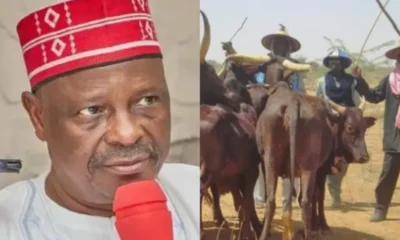
 News2 days ago
News2 days agoUS Lawmakers introduce Bill seeking sanctions against Kwankwaso, Miyetti Allah over alleged religious freedom violations
-

 News2 days ago
News2 days agoTurkish Court jails prominent TV Talent Manager over attempts to overthrow government
-

 News2 days ago
News2 days agoNSITF dismisses allegations against MD, says claims are false, malicious
-

 News2 days ago
News2 days agoPort Harcourt Ring Road project: Julius Berger delights Gov. Fubara
-

 World News2 days ago
World News2 days agoTrump hosts Netanyahu as Iran, Gaza top White House talks
-

 National News2 days ago
National News2 days agoBREAKING: Tinubu appoints Ambassador Ismail Abba Yusuf as NAHCON Chairman
-

 News2 days ago
News2 days agoAPC Congresses: Ex-APC NWC member warns Yilwatda against handing party structures to Governors

